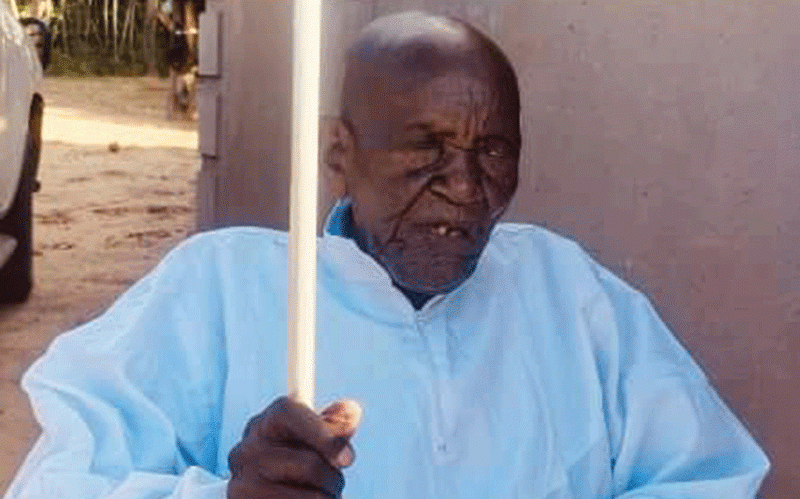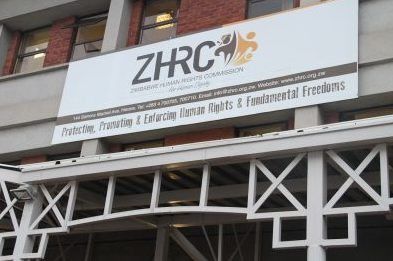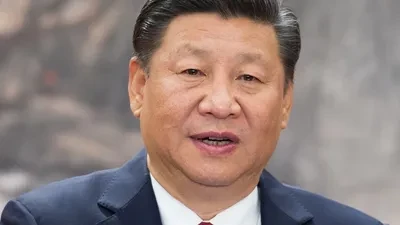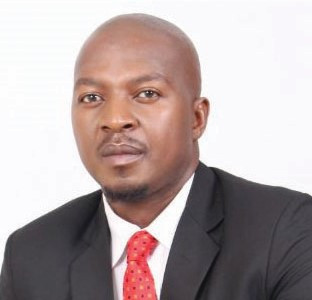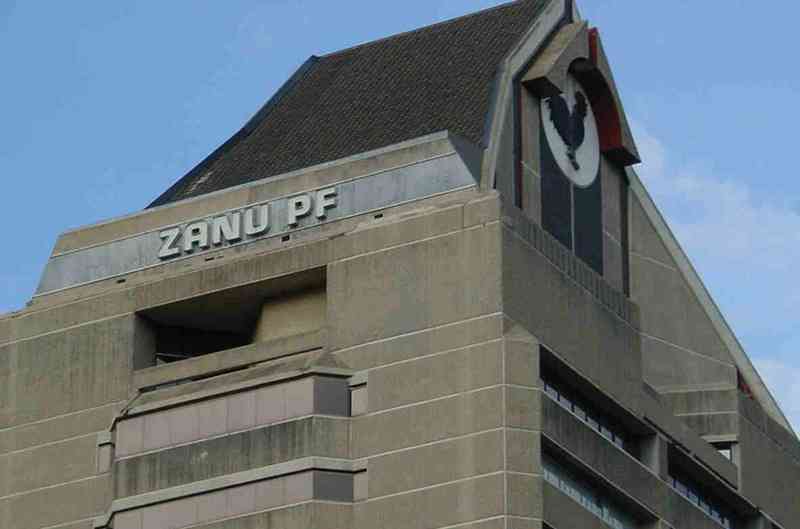
A SURVEY by the Broadcasting Authority of Zimbabwe (Baz) reveals that the ruling Zanu PF party enjoyed State broadcaster, Zimbabwe Broadcasting Corporation (ZBC) radio and television monopoly during the March 26 by-elections.
The Baz survey shows that ZBC provided live coverage for all the eight Zanu PF campaign rallies, which amounted to 630 minutes of airtime, but the public broadcaster did not do any live coverage of opposition party political rallies, including those that contested the by-elections.
It further states that in ZBC news bulletins, Zanu PF accounted for 90% of airtime, which is 222 minutes, with the opposition parties sharing only 23 minutes.
This, according to Baz, was a violation of section 4 of the Zimbabwe Electoral Commission (Zec) regulations that provide for the electronic media to ensure that all contesting political parties or candidates are treated equitably in the allocation of airtime during broadcasting of electoral issues.
“It was observed that the public broadcaster ZBC, which consists of a television station and four national radio stations, covered the by-elections mainly through news bulletins,” the Baz report read.
“The ruling Zanu PF party that was allocated most of the airtime; for example, for the flagship ZBC-TV, out of the 245 minutes of its news coverage, Zanu PF got 222 minutes, which is 90% of total news coverage, with other parties and candidates sharing 23 minutes which makes the 10% remainder. There were fewer debates, interviews and manifestos, with manifesto programmes for all the contesting candidates broadcast on Thursday March 24, two days before the by-elections.”
Section 155 of the Constitution compels the State media to provide all political parties and candidates contesting an election fair and equal access to air and print space.
But opposition parties, mainly Citizens Coalition for Change (CCC), have complained of lack of access to the State media, which it said compromised the holding of a credible poll.
- Why newly-licensed radio stations face bleak future
- Why newly-licensed radio stations face bleak future
- Corruption Watch: Get scared, 2023 is coming
- Why newly-licensed radio stations face bleak future
Keep Reading
In an interview, CCC leader Nelson Chamisa told NewsDay that ZBC coverage of the opposition party was biased.
“The last time I was on ZBC was when I was still in Parliament,” Chamisa said.
“They report about us everyday, attacking, ridiculing us. Why don’t you give us a right of reply? We are not dead. We can speak for ourselves. The (Information) minister (Monica Mutsvangwa) must revise her attitude because we are not enemies, but competitors. We do not mean conflict, but competition. Election is not opposition. Trust us and test us, minister, on ZBC and you will see that we do not mean any harm, but you will learn a lot from our ideas and wisdom for free.”
ZBC chief executive Adelaide Chikunguru was not picking calls when NewsDay tried to contact her for comment.
Information and Publicity deputy minister Kindness Paradza said: “During elections, ZBC invites political players to air their content. They are allocated free time and advertising time, but some of the political parties are fly-by-night and do not have messages to air on the national broadcaster. Where they do have the content, it would not be up to the standard of ZBC, but would be full of hate speech which ZBC will definitely not air. We have also seen opposition parties chasing away reporters from the public media, and so there is no way their messages could make it there.”
In its report on the March 26 by-elections, Zec stated: “Although there was general compliance to the law governing the conduct of media during the election period of the 26th of March 2022 by-elections, endorsement of political party candidates by media houses remained a challenge. The laws governing the conduct of the media during elections should be further strengthened by revising the legal framework governing media coverage so that all media houses are regulated by the same law.”

